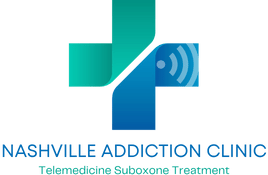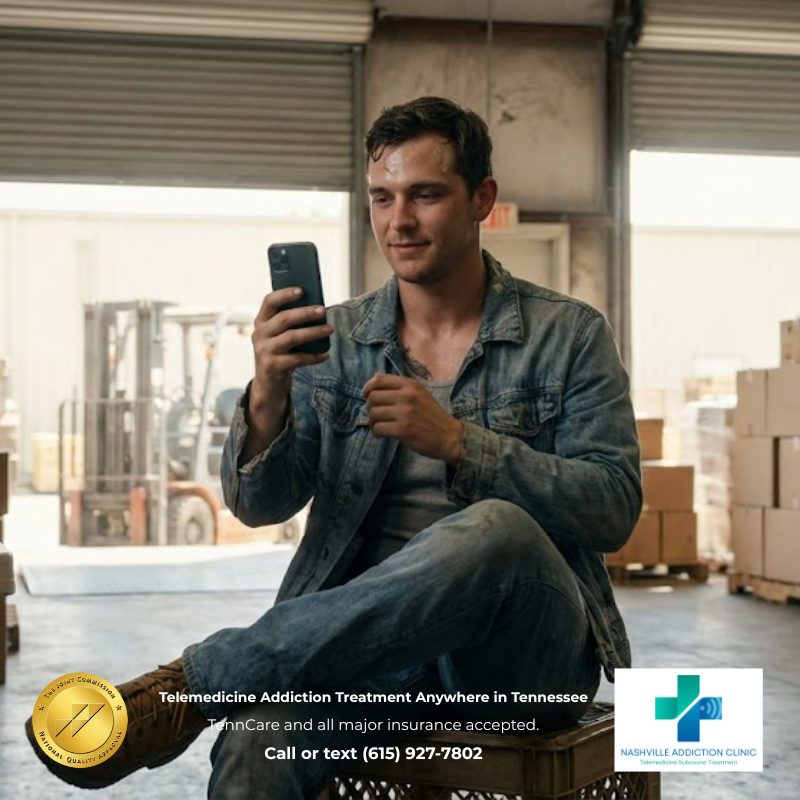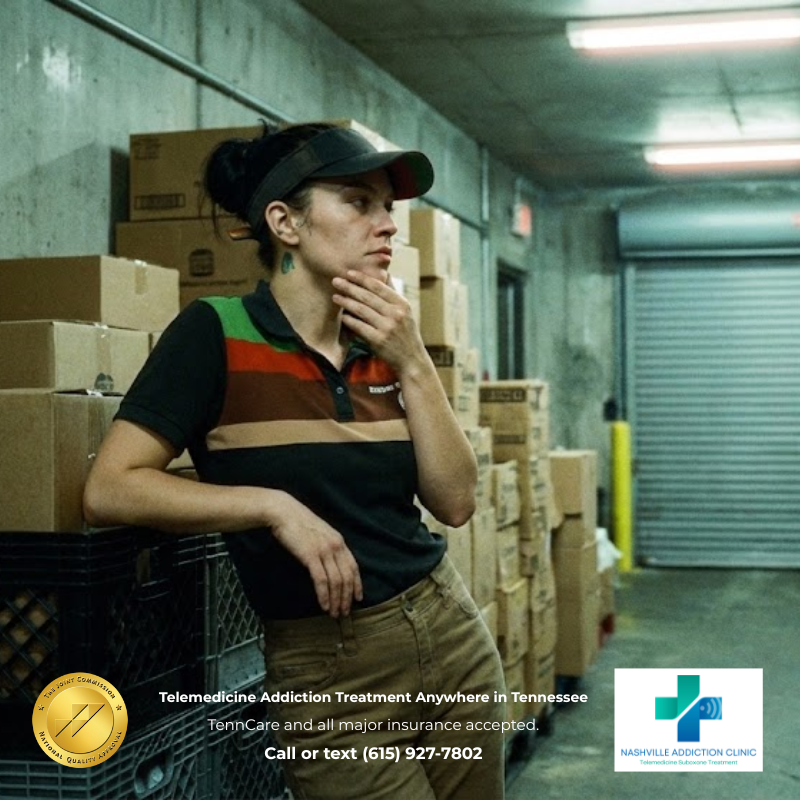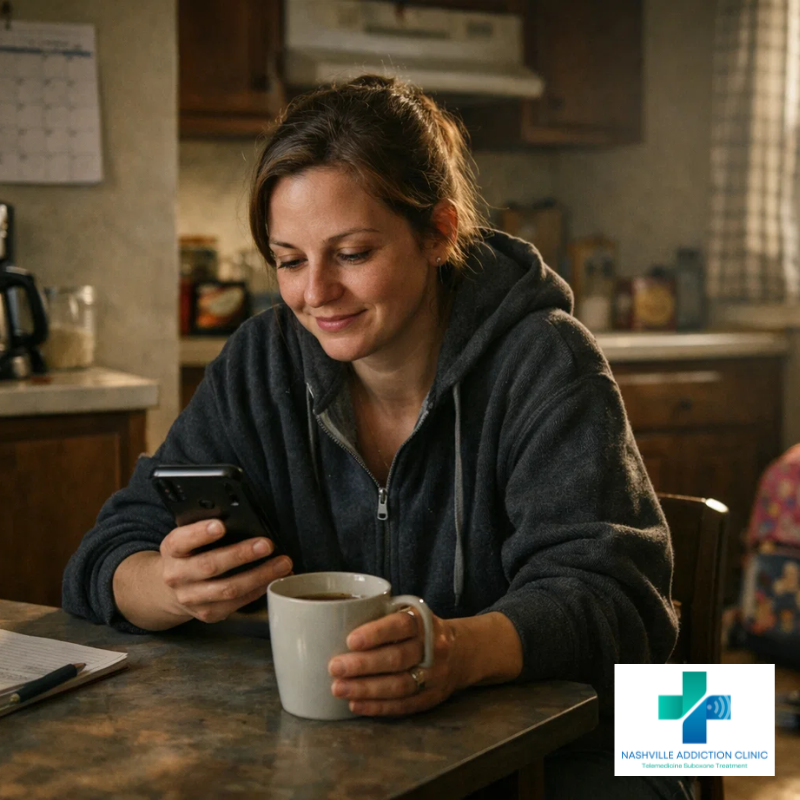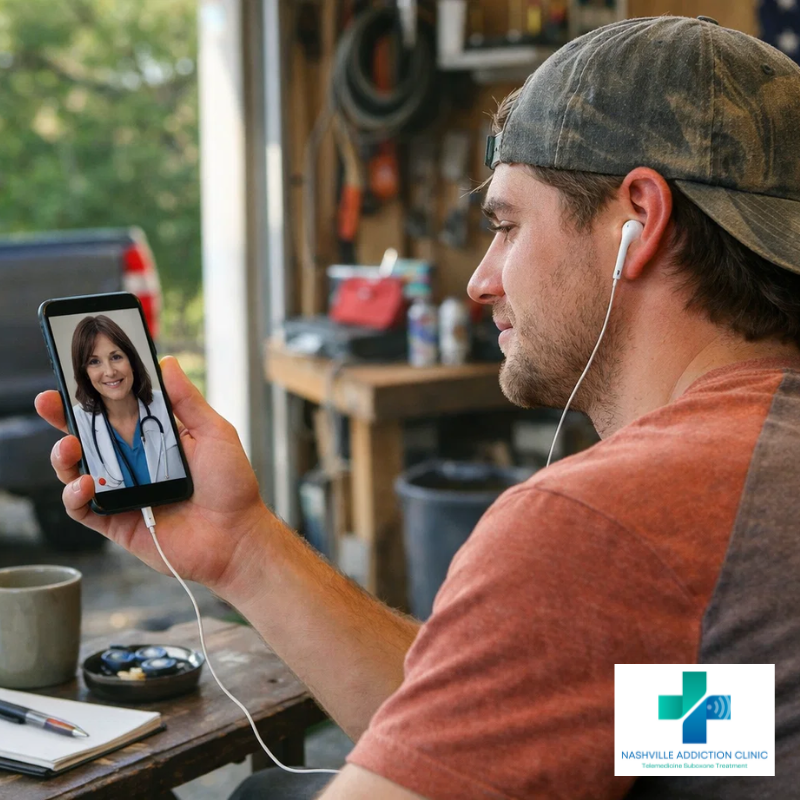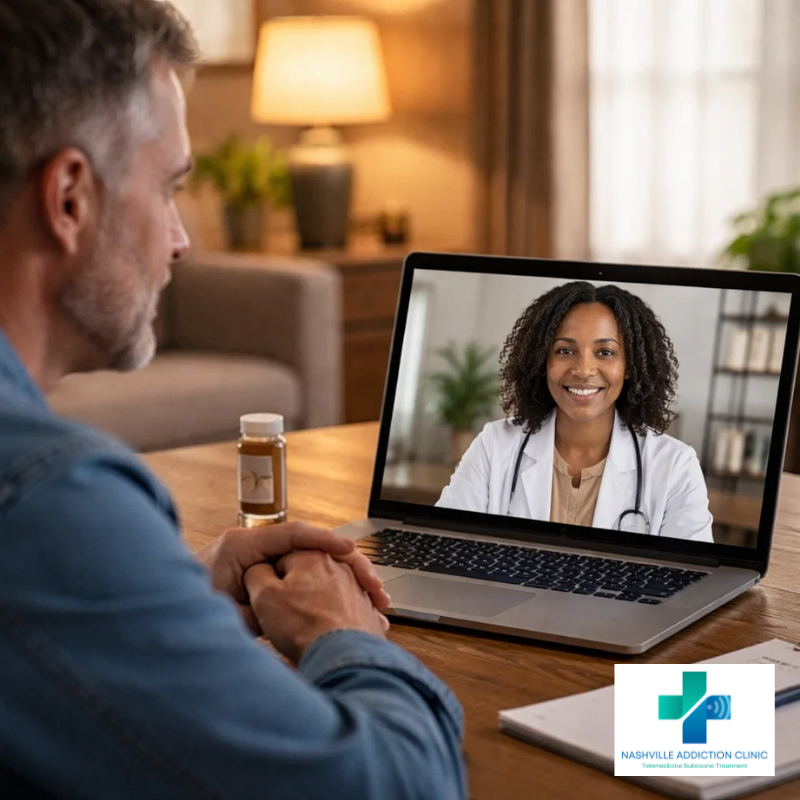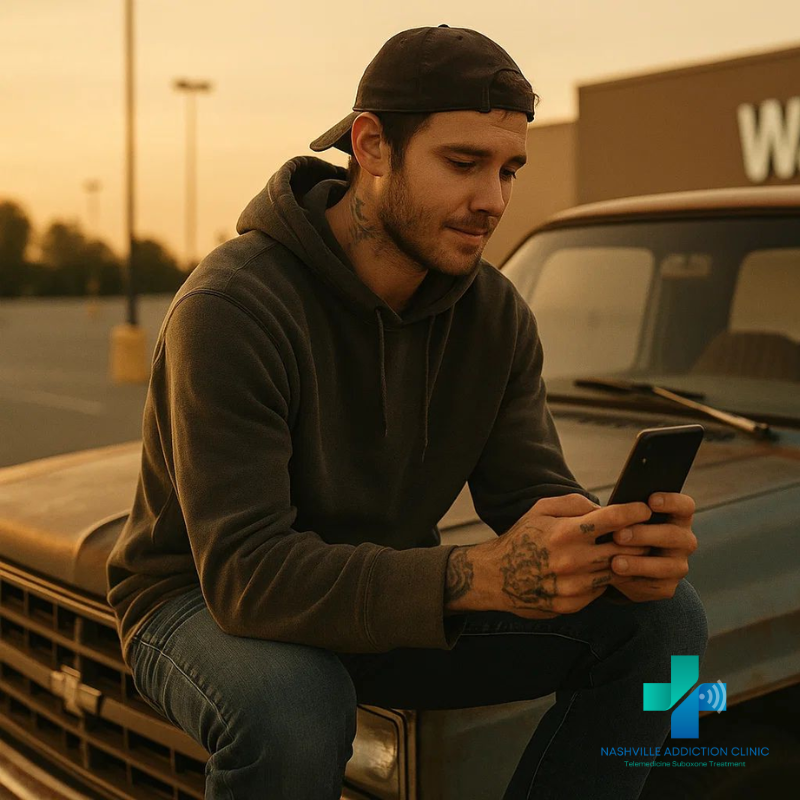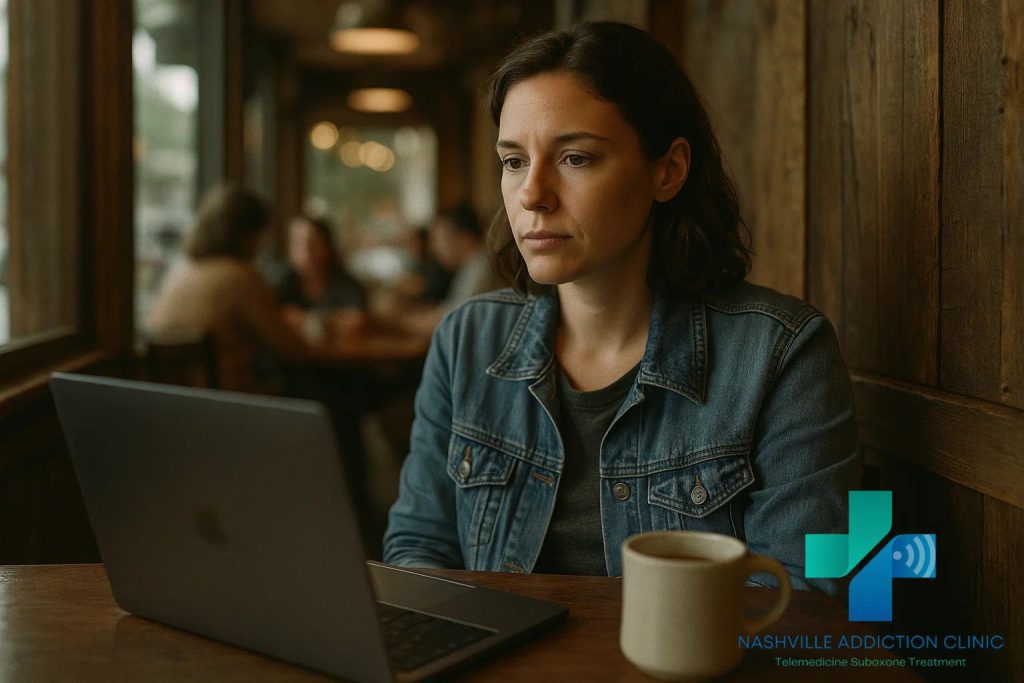TN Virtual Addiction Program: Safe, Affordable Recovery from Opioids
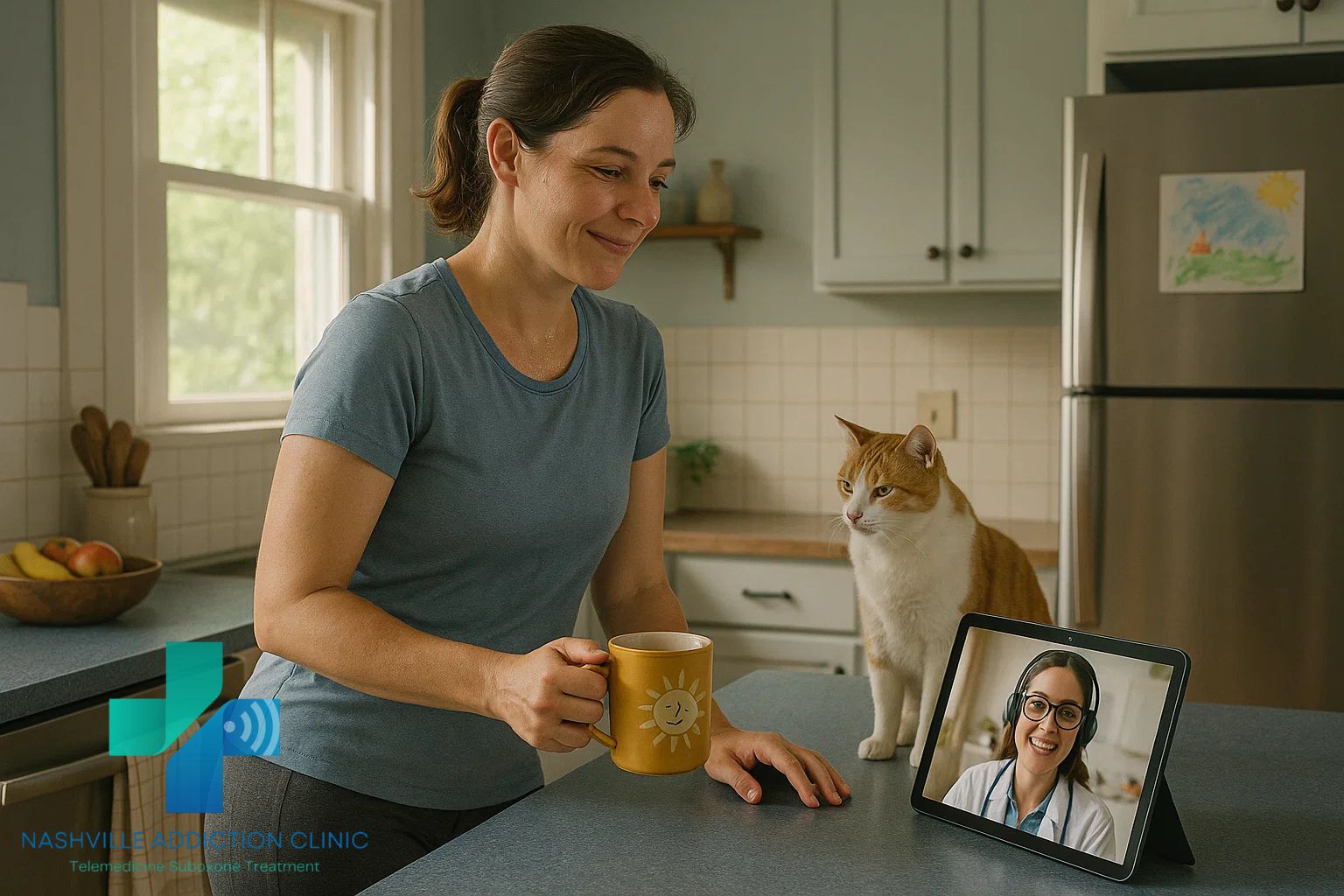
If you or a loved one is looking for a way out of opioid addiction, a TN virtual addiction program may be the life-changing solution you never knew existed. At Nashville Addiction Clinic, we offer virtual Suboxone treatment that’s safe, affordable, and accessible—especially for rural Tennesseans without reliable transportation.
What Is a TN Virtual Addiction Program?
A TN virtual addiction program allows you to receive Medication-Assisted Treatment (MAT)—including Suboxone and supportive counseling—entirely online. This means you can begin treatment from the privacy of your home using your mobile phone, tablet, or computer.
For many Tennessee residents struggling with addiction to opioids like oxycodone, hydrocodone, fentanyl, heroin, or methadone, this model of care removes key barriers:
- No travel required
- No time off work
- Fast and confidential care
- Insurance accepted (TennCare and commercial plans)
- Affordable self-pay options
Why Choose Nashville Addiction Clinic’s TN Virtual Addiction Program?
At Nashville Addiction Clinic, we’re proud to offer a Joint Commission-accredited TeleMAT program that meets the highest standards for safety, care, and clinical excellence. Our goal is to make recovery simple, effective, and supportive—even for people who feel like they’ve hit rock bottom.
Our program includes:
- Virtual Suboxone prescriptions
- Same-day appointments available
- Private counseling (one-on-one)
- Group recovery sessions
- Care coordination for long-term success
We specialize in helping people who:
- Live in rural areas like Dowelltown, Burns, Dickson, Slayden, Vanleer, or White Blufff, TN
- May have bought Suboxone on the street
- Fear withdrawal and cravings
- Want to quit for their kids or family
- Have TennCare, Cigna, Aetna, BCBS, or no insurance
- Need a flexible, no-judgment space to heal
MAT and TeleMAT: What’s the Difference?
MAT (Medication-Assisted Treatment) refers to using medications like Suboxone to treat opioid addiction. TeleMAT means that the MAT is delivered virtually through secure video appointments.
Benefits of Suboxone-Based TeleMAT:
- Stops cravings and withdrawal fast
- Allows you to function normally at work and home
- Reduces risk of overdose
- Return to work within hours of transitioning to Suboxone
- No need to visit a clinic in person
Many patients report feeling “normal” again just hours after their first Suboxone dose—and unlike street drugs, Suboxone is safe and prescribed by licensed providers who understand addiction.
Counseling + Medication = Long-Term Success
Addiction is more than just a physical dependence—it’s emotional and psychological, too. That’s why our TN virtual addiction program includes both individual therapy and group counseling led by certified addiction specialists.
Why counseling matters:
- Helps address past trauma or mental abuse
- Builds emotional resilience
- Teaches coping strategies for stress, relationships, and triggers
- Creates accountability and connection
Group recovery also plays a major role in long-term sobriety. Sharing stories with others who understand your journey can make the difference between relapse and lifelong recovery.
Insurance & Payment Options
We believe treatment should be available to everyone. Nashville Addiction Clinic offers three simple ways to get started:
- Use your commercial health insurance
Register here - Use TennCare (Medicaid)
Register here - Pay out-of-pocket (affordable plans)
Register here
Still unsure what you qualify for?
View insurance and pricing
Frequently Asked Questions (FAQ)
What is Suboxone and how does it work?
Suboxone is a combination of buprenorphine and naloxone. It relieves withdrawal symptoms and blocks the effects of opioids, allowing people to function normally and safely detox.
Can I get Suboxone online in Tennessee?
Yes! Through our TN virtual addiction program, you can receive a Suboxone prescription via telemedicine if you’re eligible.
Is virtual Suboxone treatment legal and safe?
Absolutely. Our clinic follows all Tennessee state laws and is accredited by The Joint Commission, the nation’s highest standard in healthcare quality and safety.
What if I’m addicted to pills like OxyContin or Percocet?
We treat all types of opioid addiction, including prescription painkillers and street drugs. Whether you’re using Tramadol, heroin, fentanyl, Kratom, or methadone—we can help you transition painlessly to Suboxone.
What if I don’t want anyone to know I’m getting help?
Your appointments and records are completely private. Many of our patients are professionals or parents who are hiding their opioid addiction. We offer judgment-free, discreet care.
TN Virtual Addiction Program and Opioid Overdose Risks
Opioid addiction is not just painful—it’s dangerous. More than 3,000 Tennesseans die from overdoses each year, many in rural towns where treatment access is limited.
You don’t have to be one of them.
If you’ve been buying pills or Suboxone off the street, you’re at serious risk. Illicit pills often contain fentanyl, a drug 50x stronger than heroin and often deadly in small doses.
Getting real, medical Suboxone treatment from a virtual program can:
- Eliminate the need to chase pills
- Protect you from overdose
- Help you regain control of your life
- Restore hope in individuals and families
Who Should Consider a TN Virtual Addiction Program?
You should consider Nashville Addiction Clinic’s virtual program if:
- You’re tired of feeling sick, stuck, or dependent
- You’ve tried to quit but couldn’t
- You have children and want to be better for them
- You can’t get to a clinic due to lack of transportation
- You want to avoid painful withdrawal symptoms
- You’re ready for a change—today
Related Articles
- Telemedicine Suboxone Intake: A Private, Proven Way to Start Opioid Recovery
- Affordable Suboxone Clinic: Virtual Addiction Help for Tennessee Residents
- Suboxone Telemedicine Appointments for People with Insurance
- Fast Suboxone Help TN: Virtual Recovery That Works for Rural Tennesseans
External Resources
- National Institute on Drug Abuse
- Centers for Disease Control and Prevention | CDC.gov
- Substance Abuse and Mental Health Services Administration (SAMHSA)
- DEA.gov – Opioid addiction-related articles
- Locate a Peer Recovery Support Specialist
- National Center on Substance Abuse and Child Welfare
- Tennessee Department of Health Drug Overdose Dashboard
